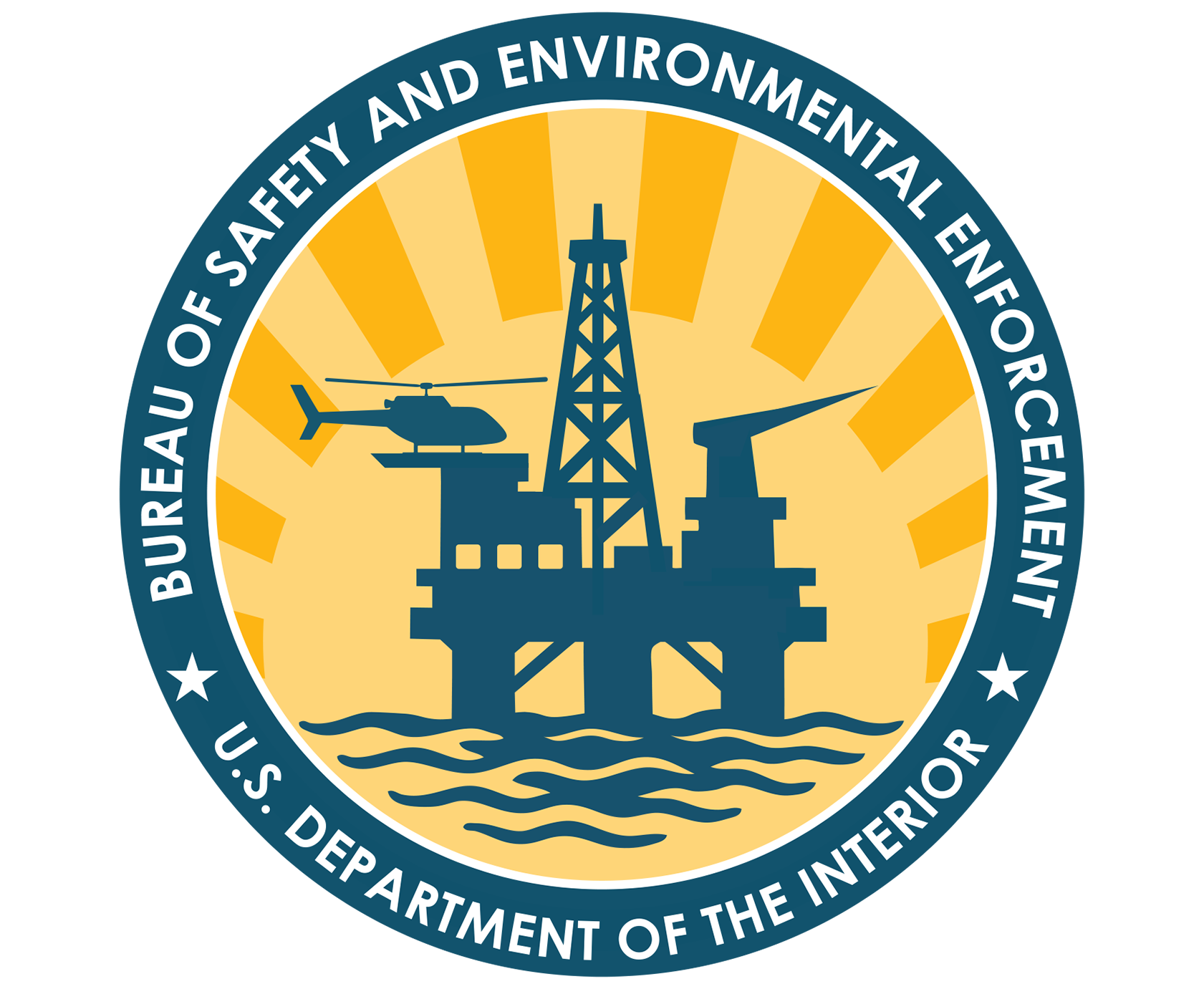You are viewing ARCHIVED content published online before Jan. 20, 2025. Please note that this content is NOT UPDATED,
and links may not work. Additionally, any previously issued diversity, equity, inclusion or gender-related guidance on
this webpage should be considered rescinded. For current information, visit
News Items | Bureau of Safety and Environmental Enforcement.
WASHINGTON – President Donald Trump today proposed a $200.5 million Fiscal Year (FY) 2020 budget for the Bureau of Safety and Environmental Enforcement (BSEE). The proposed budget fully supports BSEE’s efforts to foster safe and environmentally sustainable energy development of the Nation’s offshore energy resources on the U.S. Outer Continental Shelf.
The FY 2020 budget request of $200.5 million is comprised of $129.9 million of appropriated funds and $70.6 million in offsetting collections of revenue from rental receipts, and cost recovery and inspection fees. This $70.6 million of revenue accounts for 35 percent of the requested budget.
“President Trump’s proposed FY 2020 budget supports BSEE in continuing its mission overseeing safe, environmentally sustainable and robust offshore energy production,” said Director Scott Angelle. “As the Administration works to promote sustained domestic energy exploration and production, BSEE is continuing its ‘We Can Do It All’ approach by increasing safety and environmental stewardship while at the same time supporting robust energy production on the U.S. Outer Continental Shelf.”
Building on FY 2019’s efforts, BSEE’s 2019-2022 Strategic Plan and the Director’s “Change Management Action Plan” initiatives will continue to guide the Bureau in strengthening environmental safeguards and driving safety performance. Examples of environmental initiatives include the development of an Environmental Compliance Handbook -- a standard program component, and the incorporation of environmental inspections in BSEE policies, which did not previously exist. Safety initiatives include increasing physical inspection time on offshore facilities, using technology to increase eRecords inspections, and launching a risk based component of the overall inspection strategy. With the launch of risk based inspections, BSEE uses data analysis to focus inspections on targeted operations and facilities staying steps ahead of potential issues.
The FY 2020 budget supports the following priorities:
Safe and Environmentally Sustainable Energy Development: As directed in the April 2017 Executive Order 13795 and the May 2017 Secretarial Order 3350, BSEE conducted a critical analysis of specific regulations in an effort to refine burdensome regulations that did not yield enhancements in safety. These reform efforts will continue in FY 2020 with a particular focus on processes and regulations that fail to reflect the innovations in technology and the attendant changes in industry project planning processes.
BSEE is continuing the review of its current permitting and inspection strategies. The inspection strategy review focuses on annual planning and incorporates regulatory compliance, risk management systems, and performance-based techniques or methodologies. Implementation of the refined inspection strategy allows BSEE’s inspectors to conduct a more efficient, thorough, and critical physical inspection of components ensuring the safety of personnel and the protection of the environment. Throughout FY 2020, BSEE will continue refining its current permitting and inspection strategies to better reflect the actual risks and phases of development on the OCS.
Enhancing Mission Capacity and Accountability: In FY 2018 and FY 2019, BSEE revised its Enterprise Risk Management framework to better integrate management initiatives such as internal control reviews, program evaluations, audits, risk assessments, policy/procedure compliance, a formal vital statistics program and performance measures. Enhanced integration of these initiatives supports stronger communication and decision making within the Bureau.
In FY 2020, BSEE’s mature policy program will continue to emphasize consistency, accuracy, and accountability, and it will strengthen the Bureau’s mission capacity while ensuring accountability through ongoing implementation of key management tools. BSEE understands that employees who are accountable, competent, and engaged are essential to efficient, highly-effective organizations and enhance the overall capabilities of the organization.
Oil Spill Preparedness and Research: BSEE ensures the preparedness of the offshore community by assessing the quality and performance of response equipment listed in the plans, such as skimmers, pumps, booms, storage devices, and integrated fast response vessels.
In FY 2020, BSEE will continue advancing technologies capable of detecting oil spills and determining oil slick thickness using remote sensing tools, integrating remote sensing data to support operational decision-making, and developing “smart” skimmering technologies to improve recovery rates.
BSEE remains committed to working with Federal partners such as the USCG Research and Development Center and the National Oceanic and Atmospheric Administration (NOAA), and international organizations such as the Arctic Council’s Emergency Prevention, Preparedness, and Response Working Group to engage in its continuous programs of domestic and global information exchange facilitating forward movement on oil spill research.
- BSEE -
